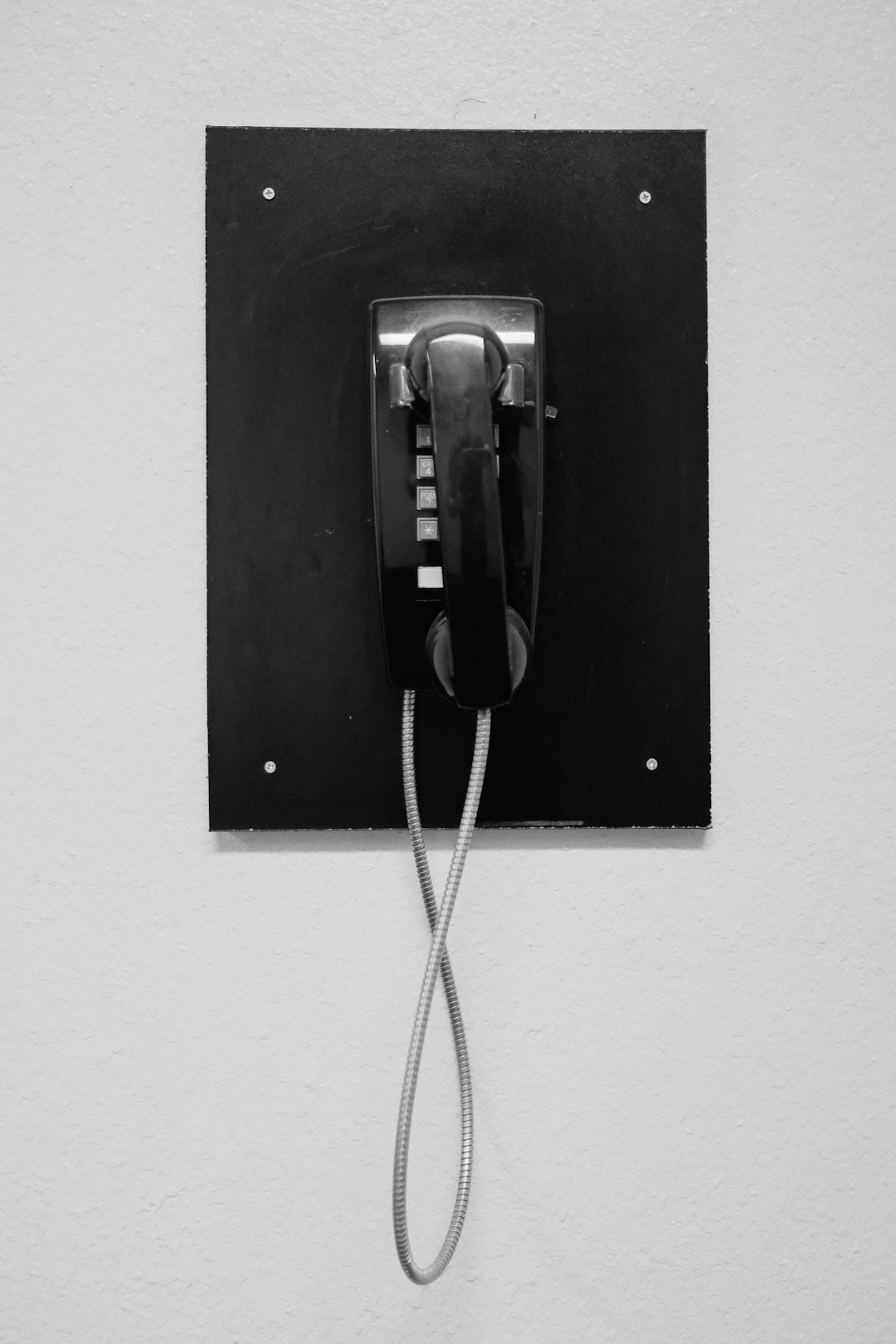In Wisconsin, understanding spam text message laws is vital for residents to protect themselves from unsolicited promotional communications. Businesses need explicit consent before sending such messages, and wireless carriers have strict reporting requirements. Overwhelming spam texts can lead to legal issues, prompting residents to consult spam texts lawyers in Wisconsin for guidance on blocking numbers, filing complaints, or seeking legal recourse against persistent or harassing messages. Specialized telecommunications law experts help navigate complex regulations, ensuring consumers' privacy and a safer digital environment.
In Wisconsin, understanding and addressing spam texts is crucial due to stringent legal protections in place. This comprehensive guide delves into the complex landscape of spam reporting requirements for wireless carriers, highlighting the role of lawyers in combating unsolicited messages. By examining the steps for reporting spam, individuals can protect themselves and contribute to a cleaner digital environment. Discover how Wisconsin’s laws empower citizens and engage lawyers to fight spam texts effectively.
Understanding Spam Texts and Legal Protections in Wisconsin

In Wisconsin, spam texts, or unsolicited text messages, are a common nuisance for many residents. These messages often promote products, services, or promotions and can be from businesses, marketing agencies, or even scammers. Understanding what constitutes spam is essential to protect oneself legally. According to Wisconsin’s laws, businesses must obtain explicit consent before sending promotional text messages, ensuring that recipients have agreed to receive such communications.
If you’re facing an overwhelming number of spam texts, consulting with a legal expert specialized in Wisconsin telecommunications law can be beneficial. Spam lawyers in Wisconsin are equipped to help individuals navigate the legal protections available to them, enabling them to take appropriate action against persistent or harassing spam messages. These actions may include blocking numbers, filing complaints, or seeking legal recourse when necessary.
Reporting Requirements for Wireless Carriers in Wisconsin

In Wisconsin, wireless carriers have specific reporting requirements regarding spam texts, or unsolicited text messages. These regulations aim to protect consumers from unwanted messaging and provide a legal framework for action when necessary. According to the state’s laws, carriers must establish procedures to receive and track consumer complaints about spam texts, ensuring swift action to block or filter such messages.
Carriers are also mandated to maintain records of these complaints, enabling them to identify recurring patterns or sources of spam. In the event of widespread or severe spamming incidents, Wisconsin law allows consumers to seek legal recourse through spam texts lawyers in the state. This safeguard empowers residents to hold carriers accountable and obtain redress for any associated inconveniences or damages caused by unsolicited text messages.
The Role of Lawyers in Addressing Spam Texts in Wisconsin

In Wisconsin, as across the nation, lawyers play a crucial role in addressing the growing issue of spam texts. With the proliferation of unwanted and unsolicited text messages, individuals have turned to legal avenues to protect their privacy and alleviate the nuisance caused by these communications. Lawyers specializing in telecommunications law help Wisconsin residents navigate the complex regulations surrounding spam texts and provide guidance on reporting such activities.
By understanding the legal framework, including state and federal laws, these professionals can assist clients in identifying and documenting instances of spam texts, preparing formal complaints, and taking necessary legal actions against offending carriers. Their expertise ensures that consumers’ rights are upheld and that appropriate measures are taken to curb the flood of unwanted text messages, promoting a safer and less cluttered digital environment for all Wisconsin residents.






